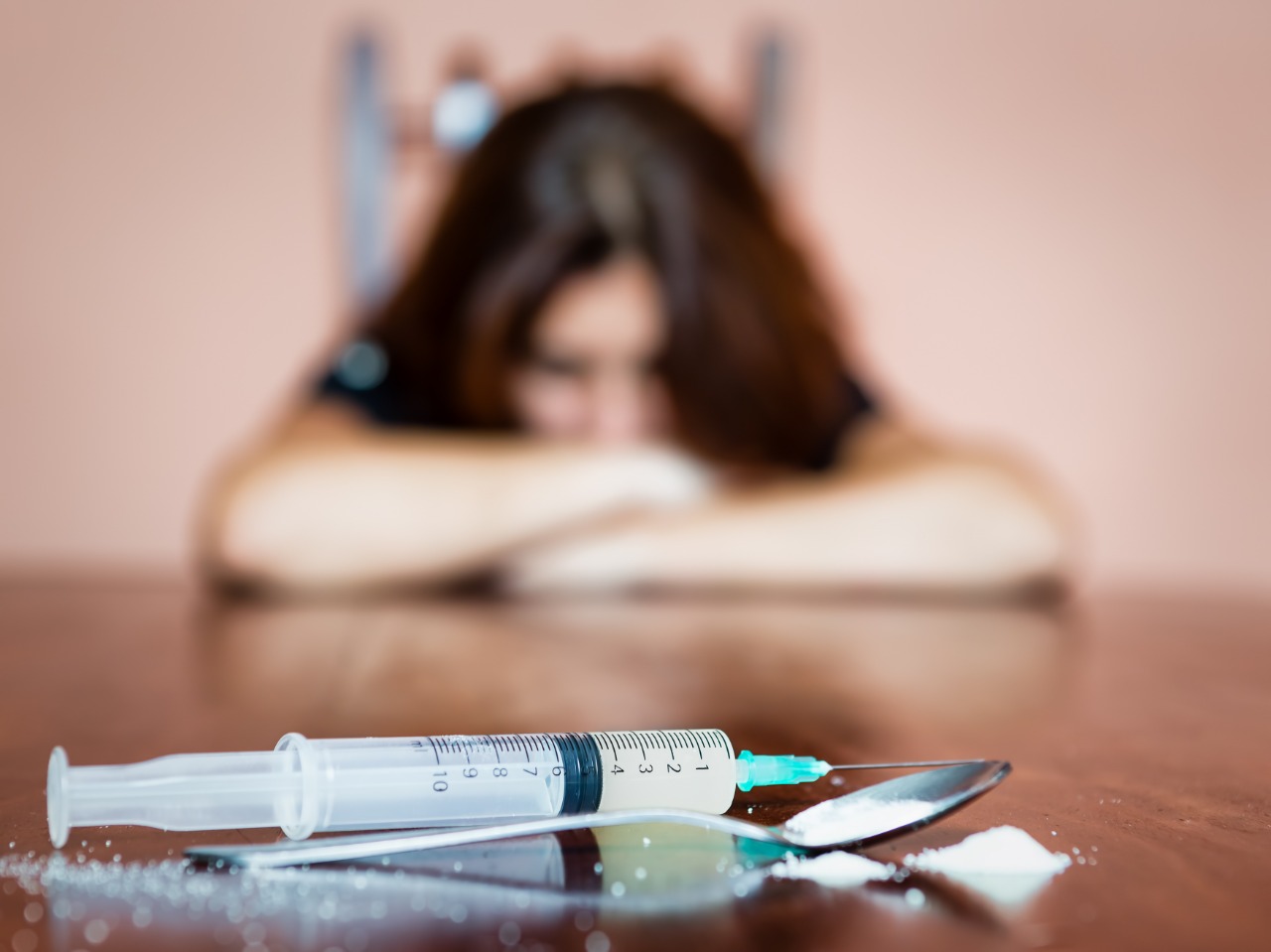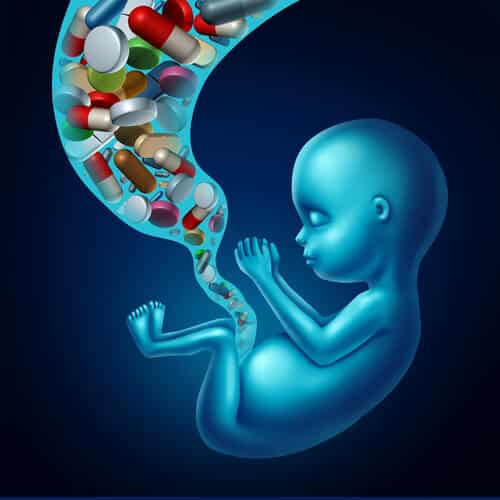Detox is only possible if the person is aware of their addiction and wants to change that. You cannot force someone to get a heroin detox or opiate detox if they are unwilling to do it. Even if they participate in opiate detox due to coercion, It is very likely that they will relapse sooner or later.
Detoxification is only successful when the individual suffering from addiction makes an active effort to effect lifestyle changes and take better care of their health. However, it is not an easy process. Heroin withdrawal and opiate withdrawal symptoms are so severe that a fear of experiencing withdrawal symptoms act as a deterrent to attempting treatment.
Opiate detox or heroin detox can be done 2 ways – one with professional help and the other going cold turkey. Quitting cold turkey is very dangerous because the withdrawal symptoms could become so severe that the person trying to quit goes back to using heroin or opiates in a few days or even hours. This could lead to overdose as the tolerance in the body to the drug has lessened somewhat and previously abused amounts can now lead to overdose.
The better option is to attempt quitting the drug under medical supervision at detox centers in New Jersey – also known as medication assisted treatment, or MAT. State licensed facilities that offer detoxification services are equipped to provide medication to relieve withdrawal symptoms and cravings and also offer therapy in order to build coping and relapse prevention skills. These facilities also usually have a psychiatrist on staff to address co-occurring mental health issues.
What are some of the common heroin withdrawal symptoms?
- Cravings – This is a common issue for every person suffering from substance use disorder trying to recover. Intense cravings for their drug of choice is to be expected. Cravings are a common reason for relapse.
- Physical symptoms – Withdrawal creates extreme physical discomfort. Muscle pain, cramps, nausea, vomiting, shakes and tremors and breathing problems are the usual symptoms. Not everyone will have the same symptoms. Nor will you have all the symptoms, you may just have a few of these.
- Mental health – underlying mental health can surface when quitting drugs or alcohol. Anxiety and depression are very common.
- Other symptoms – Other symptoms include fatigue and insomnia. The patient also has trouble concentrating on something for a long time.
If you have been abusing heroin or other opiates for years then the detox process could be more elongated for you than for someone who is trying to quit after a couple of months of use. Similarly, if you have been taking a large amount of heroin for even a short time, the withdrawal can be a difficult process.
If you have other health problems along with the addiction then you will need to remain under medical care for longer. Any additional health issues must be revealed to the doctor in charge of your recovery so that they can take better care of you.
Not everyone has the same experience while going through a detox. It can be difficult to manage on your own if you are trying to get better at home. The symptoms can be severe. So it is recommended that you go to a licensed facility for heroin treatment in New Jersey.
How long will it take a patient to be completely drug-free?
The period for the entire detoxification process can take anywhere between a few days to a couple of weeks. The body can be rid of all the traces of drugs within a week but the effects can remain months after you first stop taking heroin.
The first 2-3 days are extremely critical. Especially the first 24 hours. Opiate withdrawal symptoms usually start within a day. There have been some cases where the patient started experiencing heroin withdrawal symptoms in just a couple of hours. The patient had only stopped taking the drug for 4-6 hours.
The intensity of the symptoms usually peaks in the first few days. The patient will be going through extreme discomfort and cravings for the drug. This is said to be the hardest part where most patients fail to keep up with their resolve and go back to using.
You can expect the physical symptoms to subside within the first week itself. The facility for heroin treatment in New Jersey may even release you during this period. Sometimes they may keep you in the facility to monitor your progress. But this is only for the most serious cases where the health of the patient is in danger. Cases where the patient may need emergency medical attention.
Related Articles




